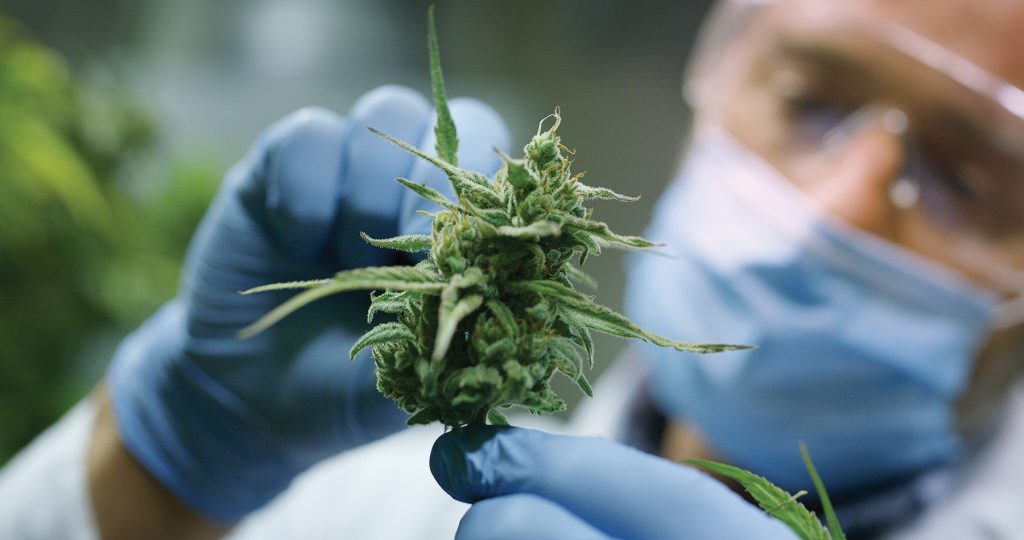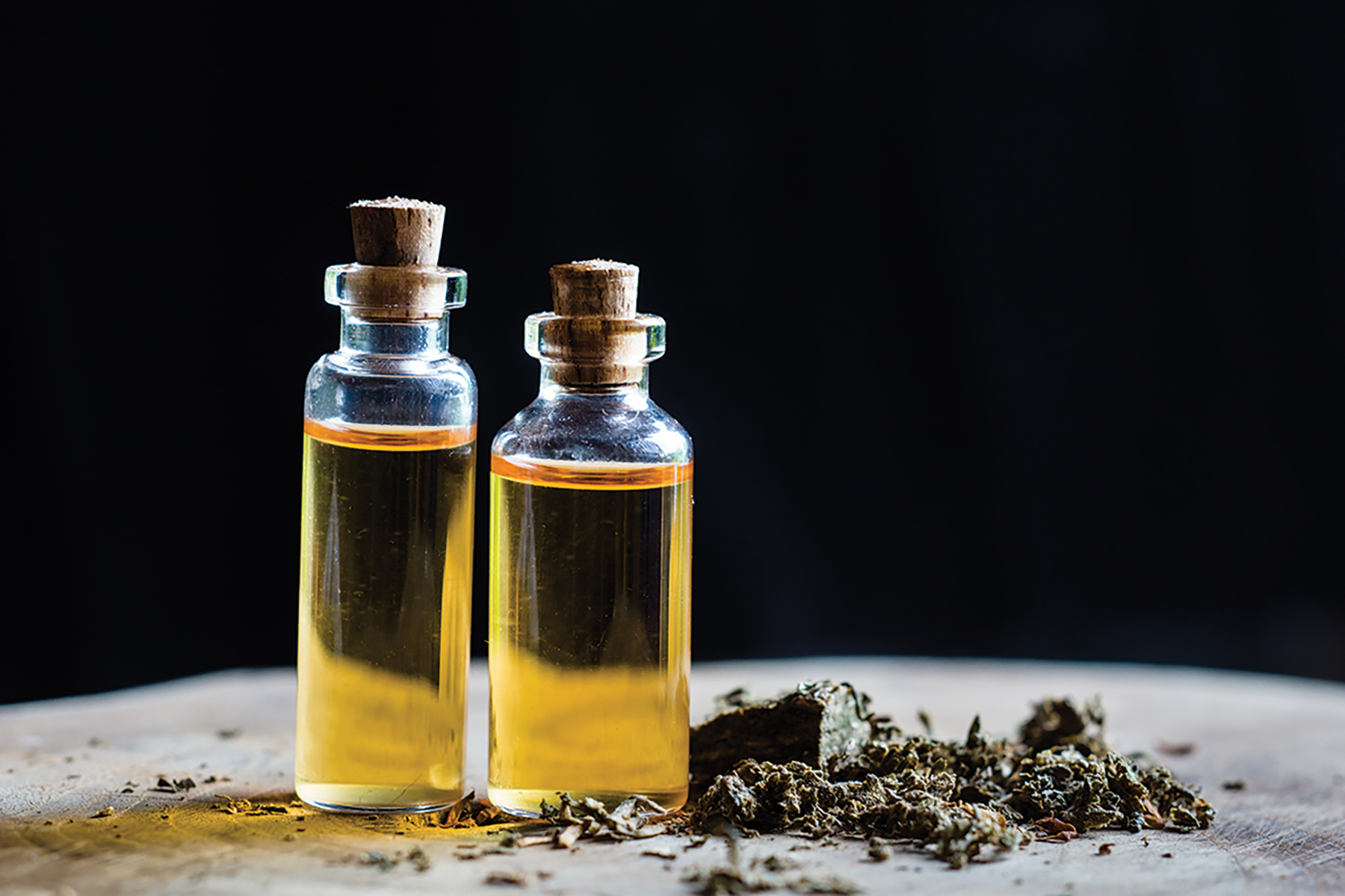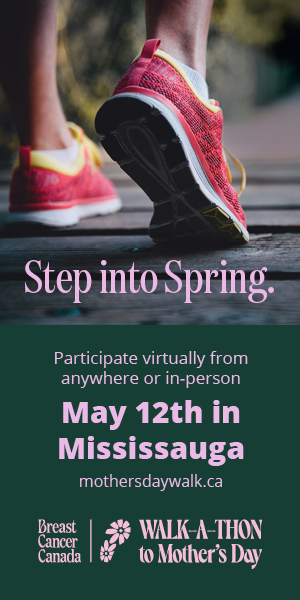Pot, weed, grass, Mary Jane, reefer, ganja – whatever the colloquialism we have used for it, most of us have probably experimented with cannabis, also known as marijuana, at some point in our lives. Some may be regular recreational users, while others may rely on its therapeutic effects to help with pain, sleep or symptoms associated with serious medical conditions. But what do we really know about it?

Here’s a brief snapshot:
- Cannabis contains hundreds of chemical substances, the two most biologically active being THC (tetrahydrocannabinol) and CBD (cannabidiol).
- THC can affect how you think, act, and feel, sometimes making you feel intoxicated or ‘high.’ CBD is used to lessen pain and other symptoms, but doesn’t have the psychoactive effects of THC.
- There are many strains of cannabis. Because each plant contains specific THC-to-CBD ratios, some strains have different types of effects than others.
- In Canada, the use of medical cannabis must be authorized by a healthcare provider and either purchased directly from a federally licensed seller (who adheres to strict control for quality and consistency) or approved by Health Canada for personal production of a limited amount for medical purposes.
Following is an excerpt from the Health Canada website explaining what medical cannabis does and how it works:
“Your health care practitioner may have authorized the use of cannabis (marihuana, marijuana) for the relief of one or more of the following symptoms associated with a variety of disorders which have not responded to conventional medical treatments.
“These symptoms (or conditions) may include: severe refractory nausea and vomiting associated with cancer chemotherapy; loss of appetite and body weight in cancer patients and patients with HIV/AIDS; pain and muscle spasms associated with multiple sclerosis; chronic non-cancer pain (mainly neuropathic); severe refractory cancer-associated pain; insomnia and depressed mood associated with chronic diseases (HIV/AIDS, chronic non-cancer pain); and symptoms encountered in the palliative/end-of-life care setting. This is not an exhaustive list of symptoms or conditions for which cannabis may be authorized for use by your health care practitioner.
“One of the principal active ingredients in cannabis (THC) acts on very specific targets found in the body known as cannabinoid receptors, found throughout the body in most tissues and organs, but especially numerous in the brain and nervous system. These receptors are involved in the regulation of many bodily functions, including brain and nervous system activity, heart rate and blood pressure, digestion, inflammation, immune system activity, perception of pain, reproduction, wake/sleep cycle, regulation of stress and emotional state and many other functions. Other cannabinoids, such as CBD, may also have targets other than the cannabinoid receptors.”
Read More about Medical Cannabis
To find out more about cannabis and its medical uses, visit the following websites:
Health Canada
canada.ca/en/health-canada/services/drugs-medication/cannabis.html
Ontario Ministry of Health
ontario.ca/page/cannabis














